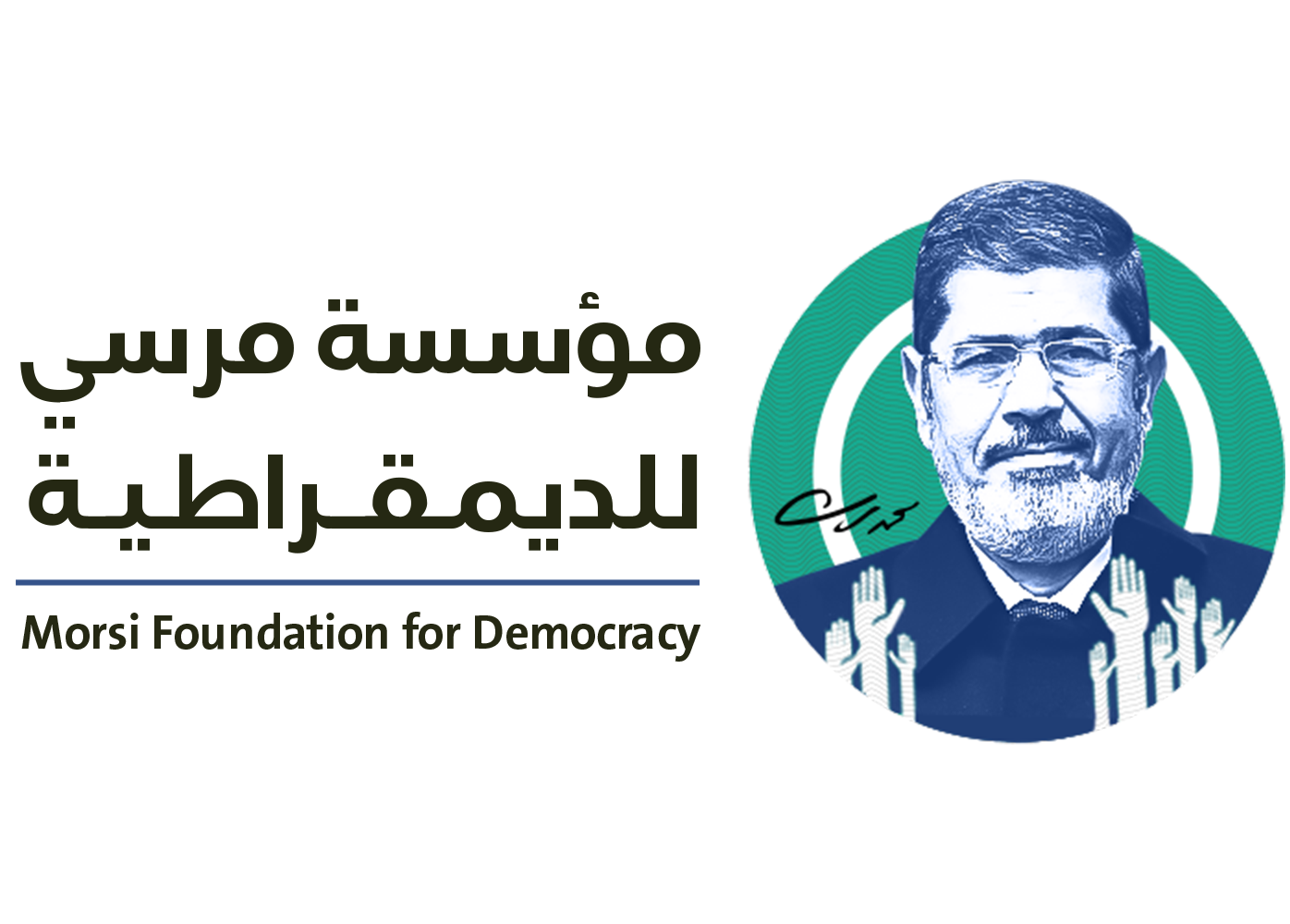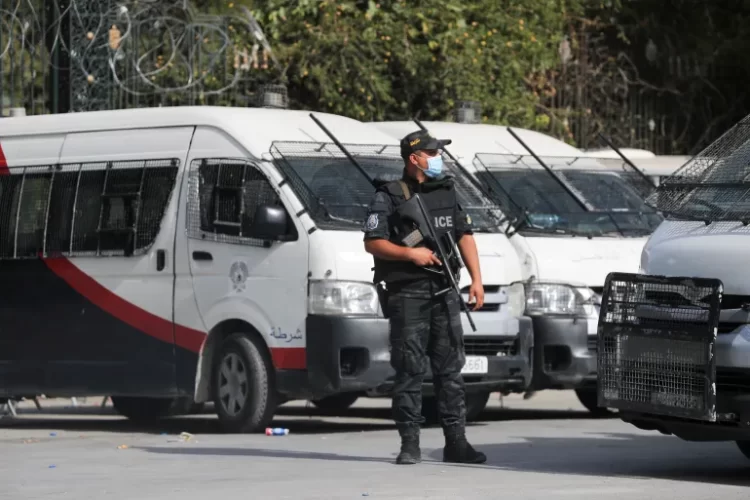Human rights activist Izz al-Din Al-Hazqi announced the arrest of his son, the political activist and leader of the Salvation Front, Jawhar Ben Mubarak, in the Bouchoucha district of the capital, Tunis, in a continuation of the wave of arrests that included politicians, media professionals, and businessmen.
Izz al-Din Al-Hazqi said, in a post on his Facebook account, that his son Jawhar “joined the detained fighters in Bouchoucha.”
Al-Hazqi said earlier that a special squad searched his house, then he moved with the security squad to its headquarters in the capital, where he signed a report, then he was returned to his house. He also explained that the house of his son, Jawhar bin Mubarak, was searched.
In turn, the leader of the Ennahda movement Abdel Fattah Al-Taghouti confirmed the arrest of Ben Mubarak.
This came a day after the arrest of politicians, media professionals and lawyers, including the head of the Republican Party, Issam Al-Shabi, and the leader of the opposition Salvation Front, Shaima Issa.
The head of the National Salvation Front, Ahmed Najib Al-Shabi, said that the head of the Republican Party, Issam Al-Shabi, “did not conspire against the country, and that the authorities would not find anything to confront the national public opinion with to accuse him.”
Al-Shabi added that the campaign of arrests is expanding and pervading all circles and is no longer limited to politicians, and that there is a state of confusion and tampering, as he put it.
For its part, Ennahda called for an end to persecuting opposition figures in Tunisia, led by Rashid Ghannouchi, under the cover of false and fabricated charges.
The movement called on the honorable judges not to submit to the pressures of the authority and not to be afraid of its incitement against them and endangering their lives and the lives of their families.
Since February 11, Tunisia has witnessed a campaign of arrests, including politicians, media figures, activists, judges, and businessmen.
On February 14, Qais Saeed accused some of those arrested of “conspiring against state security and being behind the crises in the distribution of goods and the rise in prices.”
In return for Saeed’s repeated emphasis on the independence of the judicial system, the opposition accuses him of using the judiciary to pursue those who reject the exceptional measures that began to be imposed on July 25, 2021.



